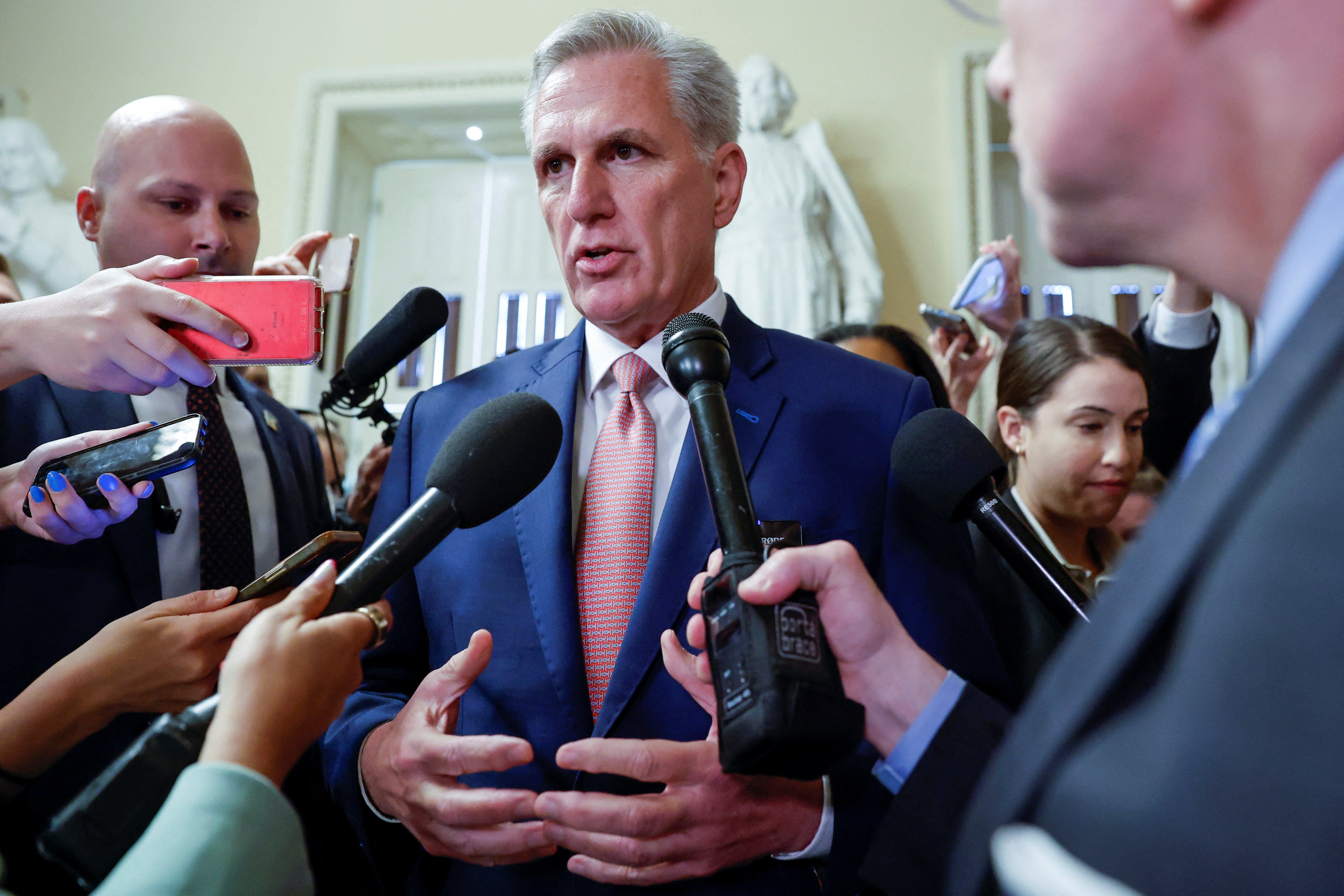There was much relief after President Joe Biden and House Speaker Kevin McCarthy announced on Saturday night that they’d agreed to raise the debt ceiling and avoid a default in the world’s largest economy by June 5, the date Treasury Secretary Janet Yellen says the US will run out of money to pay back its debts. But it’s clear that the ongoing crisis will come down to the wire. (For more on what’s in the proposed bill, see here.)
On Tuesday night, the bill narrowly passed in the House Rules Committee – a procedural step required before any legislation can be brought for a vote in the House. Two ultraconservative GOP lawmakers on that committee (out of nine) voted against the bill’s advancement. House lawmakers are now expected to vote on the bill this afternoon.
Yet again, McCarthy is experiencing the perils of presiding over a razor-thin majority in the lower chamber as he tries to corral Republican support for the bill that several dozen lawmakers from the far-right Freedom Caucus say gives too much away to the Dems. McCarthy needs a majority of 218 votes to get the bill through, meaning that dozens of Dems will need to back the legislation to move it along to the Senate for a vote. And making matters harder, he needs a majority of the majority – aka Republicans – to back the deal so as not to lose the confidence of his caucus and GOP leadership and risk being ousted from the job.
Meanwhile, progressive House Dems, many of whom are furious at the Biden administration for raising some work requirements for needy families receiving food benefits, are playing their cards close to their chests.
